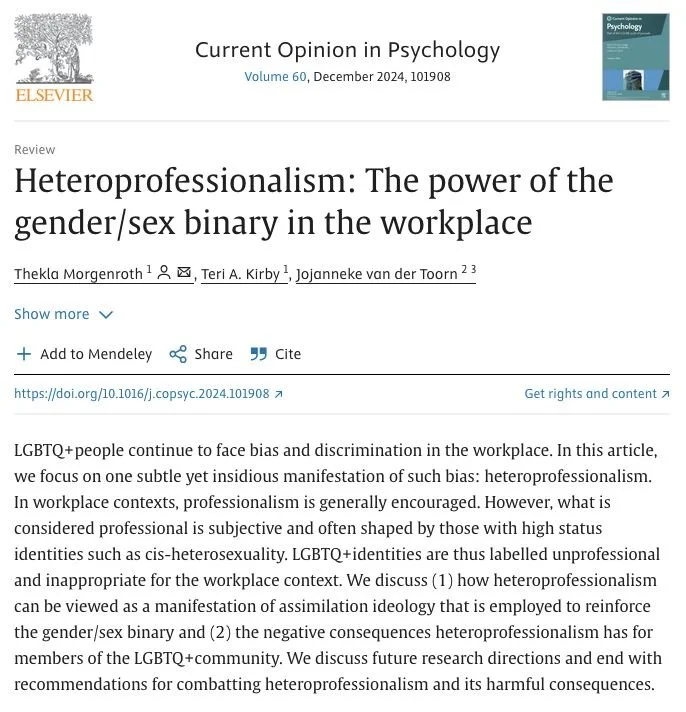Just as more and more companies in the U.S. are cutting back on their D&I budgets due to social and political pressure, it is encouraging to see Dutch organizations that are actively committed to diversity and inclusion.
Last Thursday, our team from the Netherlands Inclusivity Monitor gathered with various organizations that participated in the NIM at the annual NIM Benchmark event at Utrecht University.
The benchmark analyzed the performance of 68 participating NIM organizations. Their policies were compared to the experiences of nearly 37,000 employees who took part between 2019 and 2024.
The benchmark shows that organizations’ main focus lays on attracting and including underrepresented groups, but they pay less attention to career progression and preventing early turnover. The experiences of employees indicate that minority groups consistently rate the inclusivity climate less positively than the majority group. Nine organizations participated for a second time and improved their D&I policies. Employees of these organizations also experienced a slightly more positive inclusivity climate. However, challenges remain. In an interactive session, we discussed how to engage the silent majority—those who neither resist nor actively contribute—to drive meaningful change.
Want to know more? Check out the factsheet (Dutch version here) and our news article.











